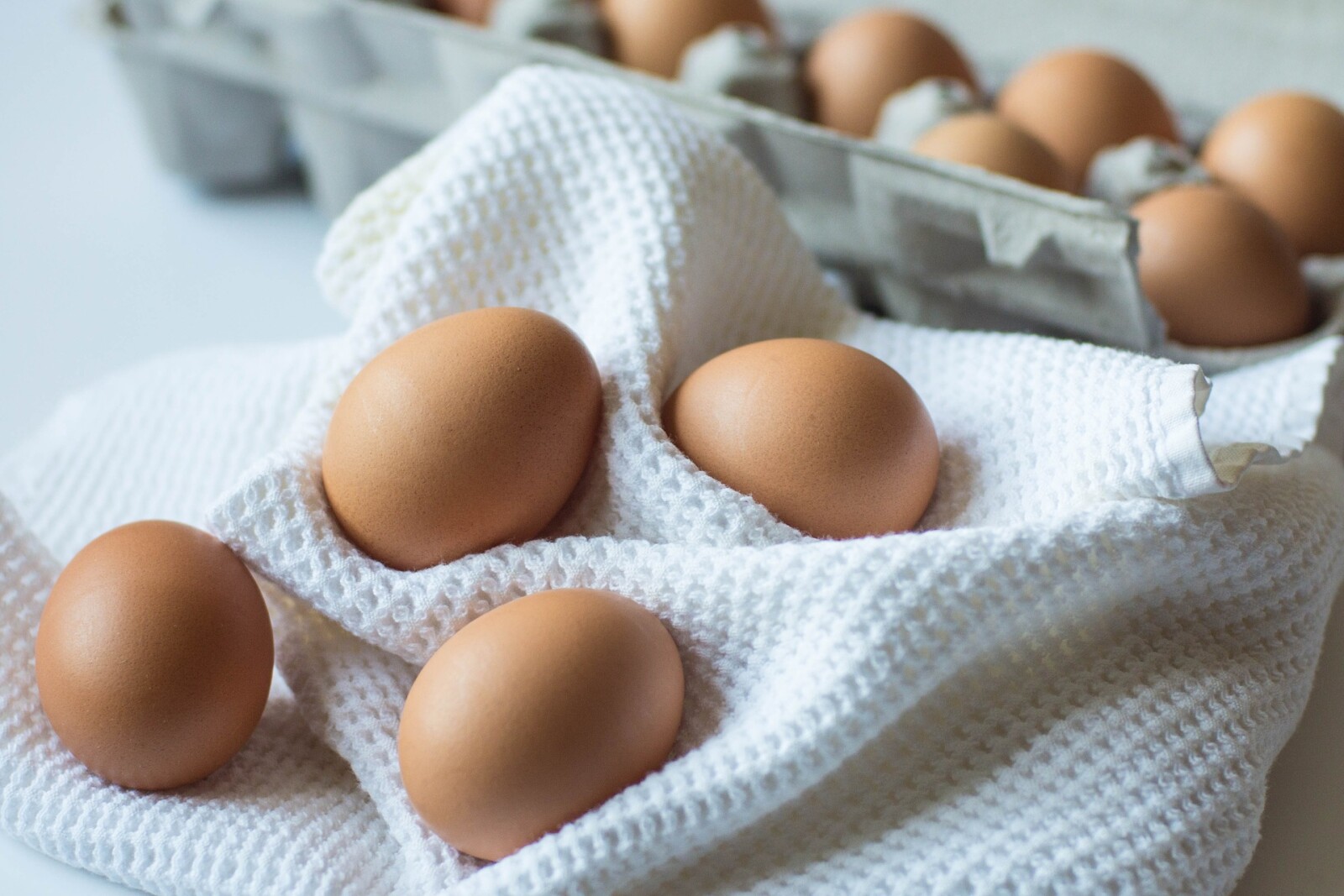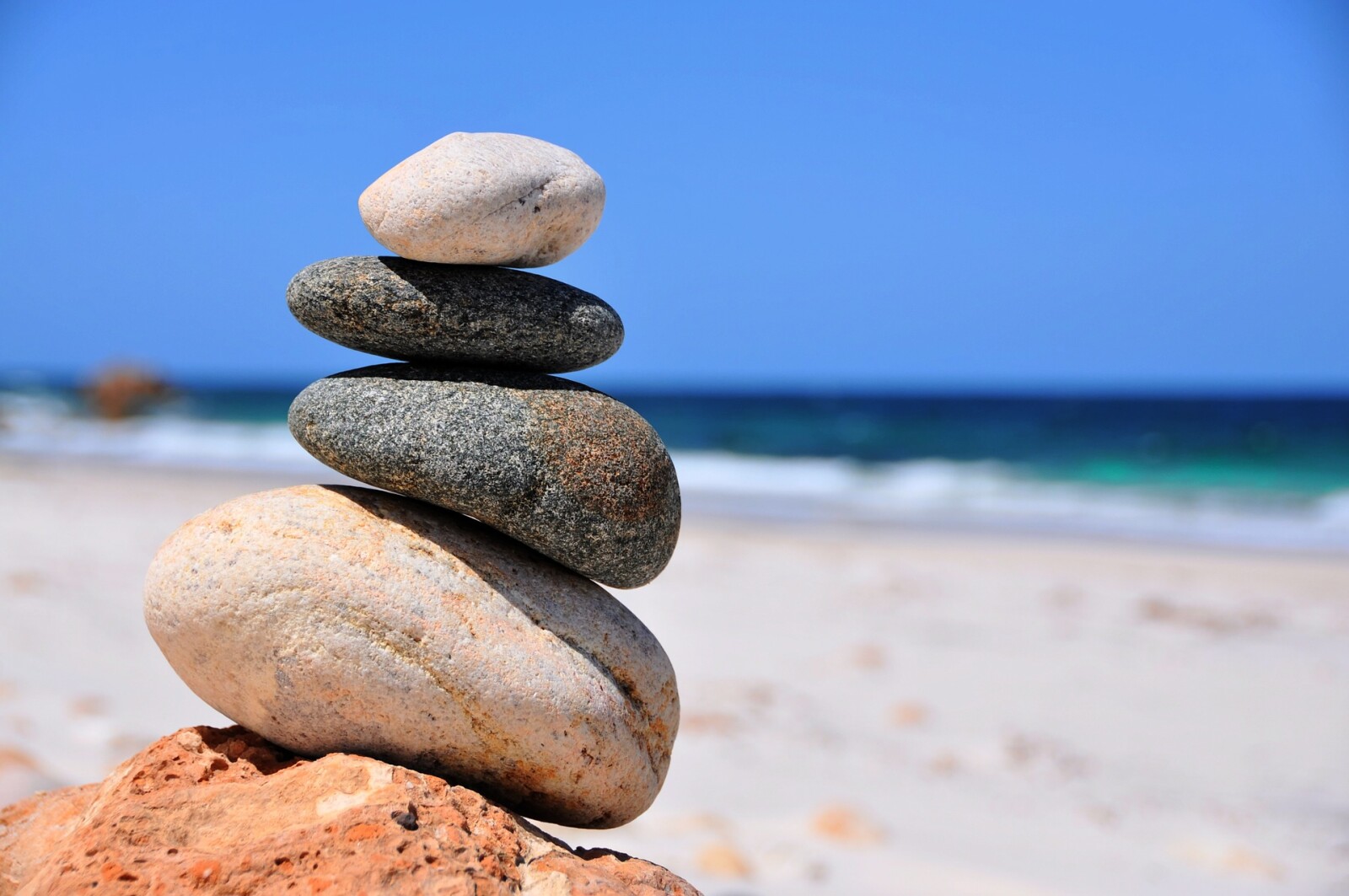
Now that you have chickens, you will be getting your own chicken eggs...
How do you handle them?
When your chickens have matured and are ready to lay their eggs, their combs will turn red. Then you'll need to start searching for their eggs. They'll usually sing their "egg song", that unmistakeable song that is echoed by the other chickens and roosters too (don't know why that's a thing for the guys, but I understand the girls singing - 2 of my kids were unmedicated births😜). You'll want to get some kind of basket or egg apron to collect so you don't leave a trail of broken eggs back to your kitchen.
Eggshells are porous, but God designed them to have a micro membrane coating on them called “bloom” to keep potential baby chicks and their environment safe and clean.
Bacteria have a hard time getting inside a dry egg. Washing dirty eggs removes the bloom and invites bacteria to be drawn inside the egg. And washing eggs in cool water actually creates a vacuum, pulling unwanted bacteria inside even faster.
(Of course, not all bacteria is bad, but you never know what may be lurking on the outside, so better safe than sorry.)
So, what do we do with those less-than-shiny eggs?
First off, the easiest solution is to prevent dirty eggs in the first place.
1. Clean your nesting boxes often. Personally, I’ve found that keeping a constant supply of fresh shavings in each box goes a looong way in keeping my eggs clean (though, I’ll freely admit that this does not happen every day at my homestead!).
2. Place your roosting areas HIGHER than your boxes. Chickens like to roost in the highest part of the coop that they can. Build roosting areas higher than your nesting area to discourage them from roosting in and soiling their boxes.
Even with the cleanest boxes, you will still end up with a dirty egg from time to time.
So your options are 1: throw them at cars 2: practice juggling or 3: carefully clean them.
Let’s go with 3, shall we?
Egg Wash options:
1. Sandpaper. Use fine-grit sandpaper to gently sand off any soiled areas of the egg. While this still damages some of the bloom coating, it keeps the egg dry, helping to prevent the “vacuum” effect.
2. Warm/Hot water. Wash the dirty eggs in water that is approximately 20 degrees (or more) hotter than the egg - the hotter the better- and I try not to allow my eggs to soak in any standing water. I moisten them until the dirty spots soften, wipe, and dry. Now they have to go in the fridge. Also, it’s a good idea to use washed eggs before unwashed ones.
3. Bleach/Dish Soap. I’ve seen many sources mention bleaching or cleaning eggs with “solutions”. I try to steer clear of any of these methods, especially the bleach. I suppose if you are running a commercial egg operation, then this is something you need to consider, but for my informal egg collecting? I just use plain ol’ hot water. (If I WERE to use some sort of “soap,” I would definitely stick with something on the natural side).
My personal method? I only wash eggs that are visibly soiled. Anything that comes in the house already clean is left alone. If they have a bit of dry manure or shavings stuck on them, I try to flick those things off before bringing them inside.
So, my egg cleaning routine is informal, but I’m happy with it. I also have peace of mind knowing that our chickens are healthy, happy, and fed a better quality diet than commercial chickens. Those things go a long way in keeping your eggs safe to eat. An ounce of prevention is worth a pound of cure!
When your flock has grown and you get too many eggs to eat before they go bad, you can try freezing them! This way you can let your hens rest during the winter and you'll still have plenty of egg to eat.
How to Freeze Eggs
Decide whether to freeze yolks and whites separately or together. I freeze the whole egg together.
Crack as many eggs as you wish into a freezer-safe container. (You can use a Tupperware container with lid and put in 2 cups/container).
GENTLY stir yolks and whites together to avoid a lot of extra air in the mixture.
(Optional Step) Add 1/2 teaspoon of honey OR salt to each cup of whole eggs to help stabilize the yolk
Label and freeze up to 6 months.
When you are ready to use them, thaw in the fridge.
(3 Tablespoons of the egg mixture = 1 egg in recipes)
A clean coop makes for clean eggs. Keeping it clean makes it smell better too.
Here is an easy great-smelling spray you can put together in a couple minutes for safe and non-toxic cleaning:
DIY CHICKEN COOP CLEANING SPRAY
16 oz spray bottle
1 cup white vinegar
1 cup distilled water
25 drops lemon essential oil or 10 drops lemon, 10 drops peppermint and 5 drops tea tree oil
Put water, vinegar, and oils in the bottle and shake.
Spray as needed. Allow chickens to move out of the coop during cleaning and air dry before they roost for the night.
Do you wash your backyard eggs? What is your method?









0 Comments